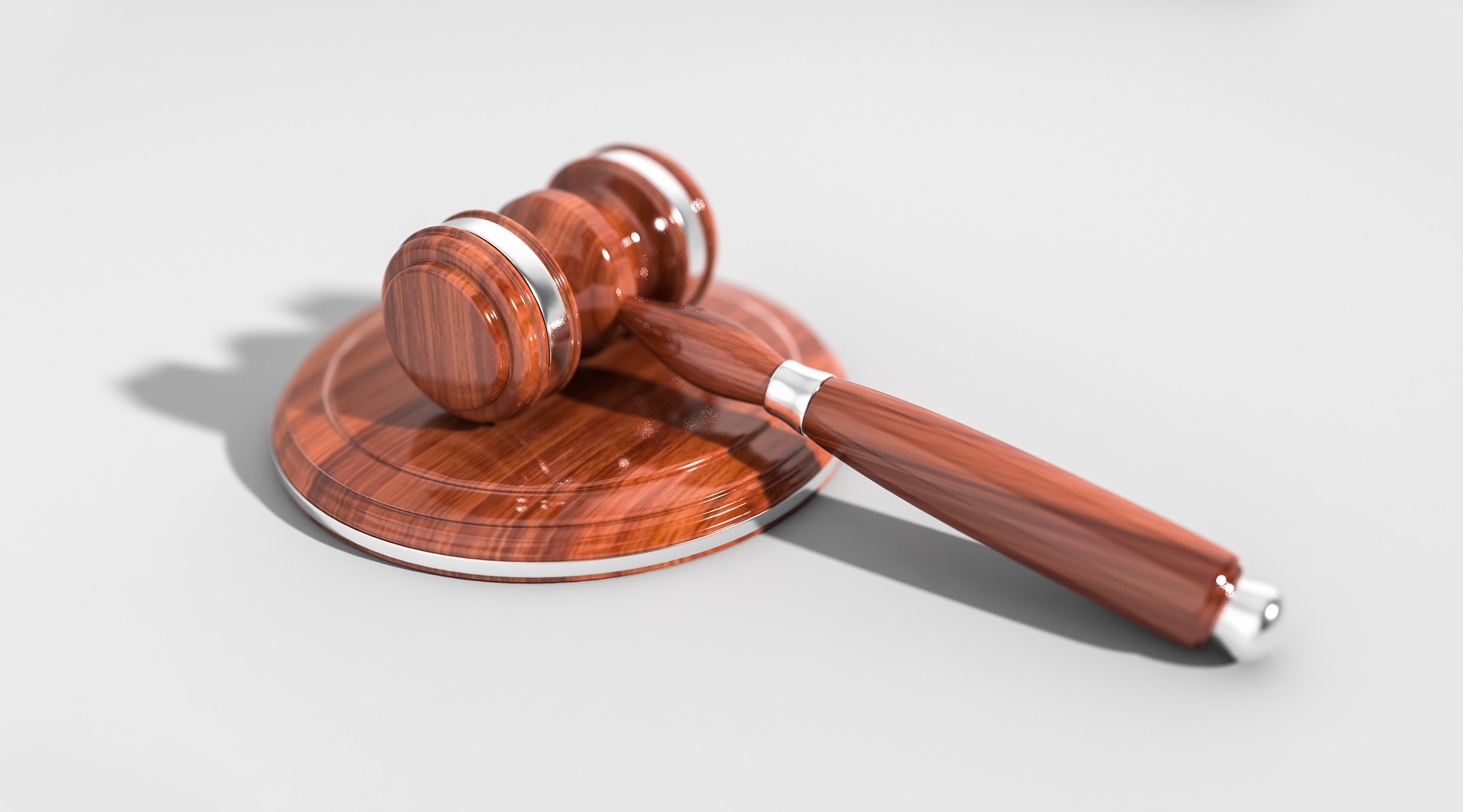2019-02-15
Analysis 4/2019: The Disciplinary System of Judges Under the Control of the Minister of Justice

- Through the Act of 8 December 2017 on the Supreme Court, drafted by the President of the Republic of Poland Andrzej Duda, the Law and Justice party has made radical changes in the system of judges’ disciplinary responsibility. As a result of these changes, important powers have been transferred to the Minister of Justice and the Prosecutor General, who can now influence the conduct of disciplinary proceedings against judges, both directly and through the selection of disciplinary spokespersons. Such a system creates the danger that it will be used in order to intimidate judges.
- The disciplinary spokespersons (prosecutors in disciplinary proceedings of judges) Piotr Schab, Michał Lasota and Przemysław Radzik, appointed by the Minister of Justice and Prosecutor General Zbigniew Ziobro, are calling on judges to account for their participation in the mock proceedings held during the Pol'and'Rock festival, for addressing questions to the Court of Justice of the European Union, as well as for statements and criticism in the media of changes to the judiciary and in defence of the Constitution of the Republic of Poland.
- The actions of these disciplinary spokespersons are contrary to the logic and the principle of impartiality. On the one hand, the ground given for initiating proceedings against some judges is their alleged politicization, while on the other hand, the actions of the Minister of Justice, Prosecutor General and politician of the ruling party, Zbigniew Ziobro, and his collaborators among a minority of judges (e.g. the disciplinary spokespersons themselves) are somehow not considered politicized.
Prior to the amendment of the provisions of the Law on the System of Common Courts in 2018, disciplinary spokesmen were appointed by the National Council of the Judiciary (NCJ), which comprised a majority of judges not appointed by politicians. There were also no special disciplinary courts. The 2018 Act amending the Law on the System of Common Courts granted the Minister of Justice important powers in disciplinary proceedings against judges. At present, the Minister of Justice appoints disciplinary spokespersons operating at the central level, assigns to selected justices the duties of a disciplinary court judge, may apply for initiating proceedings against selected judges, and may object to the discontinuance of proceedings. Indirectly, through his authority over the Disciplinary Spokesperson of the Judges of the Common Courts, he influences the selection and activities of disciplinary spokespersons at the courts of appeal and district courts. The Minister of Justice did not enjoy such powers before 2018.
- Changes in the disciplinary proceedings of judges were made under amendments to the Law on the System of Common Courts, introduced by the Act of 8 December 2017 on the Supreme Court. The Act entered into force on 3 April 2018. The legislation was submitted by the President Andrzej Duda, who in July 2017 vetoed an earlier bill changing the operation of the Supreme Court. He accused it of making judges of the Supreme Court too dependent on the Minister of Justice and the Prosecutor General.
- President Andrzej Duda argued, without providing any facts in support of his claims, that it was necessary to introduce changes to disciplinary proceedings against judges owing to "the incapacity of justices of the Supreme Court to enforce consequences for disciplinary offences by judges". The changes were intended to ensure "better organization, and to increase the efficiency of the handling of disciplinary cases concerning those performing public trust professions, which are important for the authority of these professions". No evidence was provided in the explanatory memorandum to the draft bill that the proposed amendments would improve the system governing the disciplinary liability of judges. The danger of judges being subjected to intimidation was also not taken into account.
- The analysis of the disciplinary system for punishing judges concerns only judges in the common courts. Disciplinary proceedings in administrative courts remain unchanged. In this respect, the Supreme Administrative Court is the competent court for hearing disciplinary matters. The Disciplinary Spokesperson is the Disciplinary Spokesperson of the Supreme Administrative Court, who is elected by the College of this Court. Unlike common courts, disciplinary proceedings against judges of administrative courts have not yet been politicised.
Author:
Karolina Wąsowska, lawyer
[email protected]
Files to download

